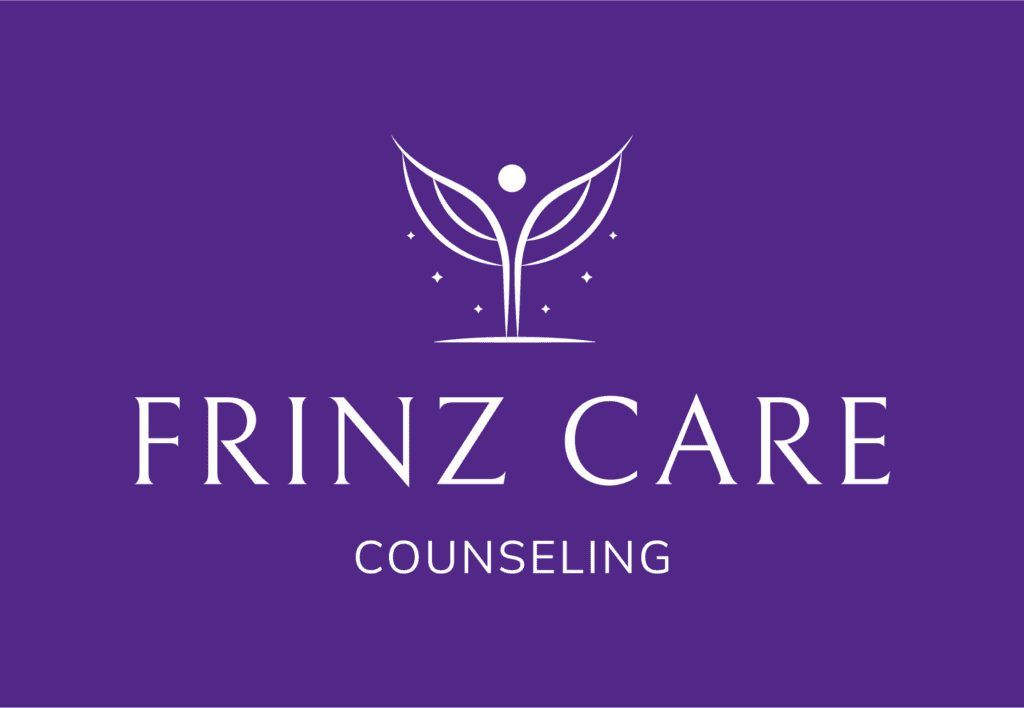In a world brimming with distractions and challenges, finding your inner strength and resilience can be a daunting task. However, the journey towards self-empowerment often begins with a single step – seeking individual counseling. In our fast-paced society, the importance of self-care and mental well-being cannot be overstated. This is where individual counseling comes into play, offering a safe and supportive environment to explore your thoughts, feelings, and aspirations. In this blog post, we delve into the transformative power of individual counseling, offering valuable insights, tips, and techniques to empower yourself on your personal growth journey. From understanding your emotions to developing coping mechanisms, we’ll explore how individual counseling can be a catalyst for positive change in your life. Whether you’re facing challenges in your career, relationships, or personal development, this guide aims to equip you with the tools and strategies needed to navigate life’s ups and downs with grace and resilience. Join us as we embark on a journey of self-discovery and empowerment through the transformative process of individual counseling.
Building Trust and Rapport with Your Counselor: Keys to Success
Building a strong and trusting relationship with your counselor is essential for the success of therapy. It forms the foundation upon which all other therapeutic work is built. Whether you’re seeking support for mental health challenges, navigating life transitions, or striving for personal growth, the quality of your connection with your counselor can significantly impact your progress and empowerment. Here are some key strategies to foster trust and rapport in your counseling journey:
Open Communication
Honest and open communication is the cornerstone of any meaningful relationship, including the one you share with your counselor. Be transparent about your thoughts, feelings, and experiences, even if they are difficult to articulate. Your counselor is there to listen without judgment and provide support as you explore your concerns.
Establishing Boundaries
Boundaries create a safe space within the therapeutic relationship. Work with your counselor to establish clear boundaries regarding confidentiality, session structure, and professional roles. Understanding these boundaries can help you feel secure and respected, allowing you to engage more fully in the therapeutic process.
Active Participation
Therapy is a collaborative endeavor, requiring active participation from both you and your counselor. Take an active role in your sessions by asking questions, sharing insights, and expressing concerns. Engaging in this way demonstrates your commitment to the process and strengthens the bond between you and your counselor.
Building Mutual Respect
Mutual respect forms the basis of a healthy therapeutic relationship. Respect your counselor’s expertise, experience, and perspective, while also expecting the same level of respect in return. By acknowledging each other’s strengths and valuing each other’s contributions, you can cultivate a sense of partnership and mutual understanding.
Embracing Vulnerability
Vulnerability can be challenging, but it is also a powerful catalyst for growth and connection. Allow yourself to be vulnerable in therapy by sharing your fears, insecurities, and struggles. Trust that your counselor will hold space for you with compassion and empathy, offering support as you navigate difficult emotions and experiences.
Exploring Techniques in Individual Counseling: Tools for Empowerment
Individual counseling offers a variety of techniques and approaches aimed at empowering individuals to overcome challenges, enhance self-awareness, and achieve personal growth. These tools are designed to provide support, guidance, and strategies for addressing a wide range of issues, from managing stress and anxiety to improving relationships and self-esteem. Let’s explore some of the key techniques used in individual counseling and how they can contribute to your journey of empowerment:
Cognitive-Behavioral Therapy (CBT)
CBT is a widely practiced therapeutic approach that focuses on identifying and changing negative thought patterns and behaviors. Through CBT techniques, individuals learn to challenge irrational beliefs, reframe negative thoughts, and develop healthier coping strategies. By gaining insight into the connection between thoughts, feelings, and behaviors, clients can empower themselves to make positive changes in their lives.
Mindfulness-Based Techniques
Mindfulness techniques, such as meditation, deep breathing exercises, and body scans, are increasingly integrated into individual counseling sessions. These practices cultivate present-moment awareness and help individuals develop a nonjudgmental attitude towards their thoughts and emotions. By incorporating mindfulness into their daily lives, clients can enhance their self-regulation skills, reduce stress, and increase resilience.
Solution-Focused Therapy
Solution-focused therapy is a goal-oriented approach that focuses on identifying and amplifying clients’ strengths and resources to achieve desired outcomes. Therapists help clients envision their preferred future and identify small, achievable steps towards their goals. This technique empowers clients to recognize their own agency and capacity for change, fostering a sense of hope and optimism.
Narrative Therapy
Narrative therapy emphasizes the power of storytelling in shaping our identities and experiences. Clients are invited to explore and deconstruct the dominant narratives that influence their lives, challenging limiting beliefs and reframing their personal narratives in a more empowering light. By reclaiming agency over their stories, clients can cultivate a greater sense of self-empowerment and resilience.
Expressive Arts Therapy
Expressive arts therapy incorporates creative modalities such as art, music, movement, and drama to facilitate self-expression, exploration, and healing. These nonverbal techniques provide alternative avenues for communication and self-discovery, allowing individuals to access and process emotions that may be difficult to articulate verbally. Engaging in creative expression can foster empowerment, self-discovery, and emotional resilience.
Overcoming Common Challenges in Individual Counseling
Individual counseling is a valuable resource for personal growth and self-discovery, but it’s not without its challenges. Understanding and addressing these obstacles is essential for maximizing the benefits of therapy. Here are some common challenges in individual counseling and strategies for overcoming them:
- Stigma and Shame: Many individuals hesitate to seek counseling due to stigma or feelings of shame about needing help. Normalize the seeking of help by discussing its importance openly.
- Resistance to Change: Some clients may resist change, preferring to stay within their comfort zones. Encourage gradual steps towards change and highlight the potential benefits of growth.
- Difficulty Opening Up: Opening up about personal struggles can be challenging. Foster a safe and nonjudgmental environment, and encourage clients to express themselves at their own pace.
- Unrealistic Expectations: Clients may have unrealistic expectations about the counseling process or the speed of progress. Set realistic goals collaboratively and celebrate small victories along the way.
By acknowledging and addressing these common challenges in individual counseling, clients and therapists can work together more effectively towards the shared goal of personal empowerment and growth.
Conclusion
At Frinz Care in Austin, Texas, we believe in the transformative power of individual counseling, offering a safe and supportive environment for clients to explore their emotions, challenges, and strengths. By providing personalized tips and techniques, we empower individuals to navigate their journey towards self-discovery and growth. With our dedicated team and commitment to holistic well-being, we strive to foster resilience and enhance the quality of life for each person who walks through our doors. Contact us today to embark on your path towards empowerment and healing.


